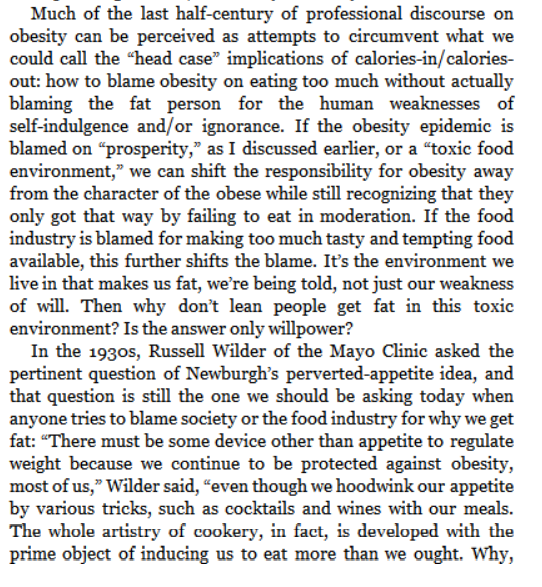

“All of these individually do not cause a significant decline, but cumulatively they surely do,” he says. You may also lose muscle if you’re less active because of age-related health conditions, such as arthritis, or if you’ve been sidelined with an injury or surgery for several days, Primack says. The amount of lean muscle we have begins to decline by 3 to 8 percent per decade after age 30, a process called sarcopenia, described in a review published by the National Institutes of Health (NIH). You’re Experiencing Age-Related Muscle Loss (In other words, it’s complicated.) But there are five main factors that may be to blame if your jeans feel tighter these days. Our muscles, hormones, metabolism, and other body systems are in flux as we get older. Still, everyone will find it harder to maintain or lose weight with each passing year. “We sometimes say genetics loads the gun and lifestyle pulls the trigger,” he says.

Not everyone will become overweight as they age, because body weight is highly influenced by a person's genetic makeup, level of physical activity, and food choices, Dr.

“Obesity incidence starts increasing in one’s twenties and peaks at 40 to 59, and then decreases slightly after age 60,” says Craig Primack, MD, an obesity medicine physician at the Scottsdale Weight Loss Center in Arizona. That may not seem like much, but over time it can lead to significant weight gain and, in some cases, obesity, which is considered to be a body mass index (BMI) of 30 or higher. It's frustrating, but you're not alone! As we get older, our bodies don't respond the same way to weight loss efforts, and science has some explanations to offer.Īs we age we naturally tend to gain weight, to the tune of 1 to 2 pounds (lb) per year, according to a review by the Agency for Healthcare Research and Quality. You never had a problem losing or maintaining your weight before, but now the scale won’t move.


 0 kommentar(er)
0 kommentar(er)
